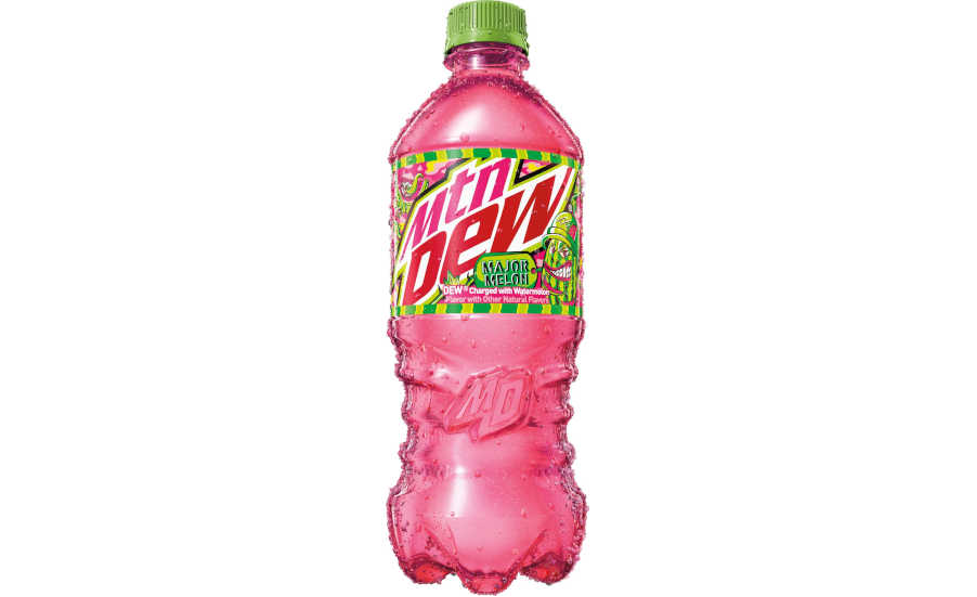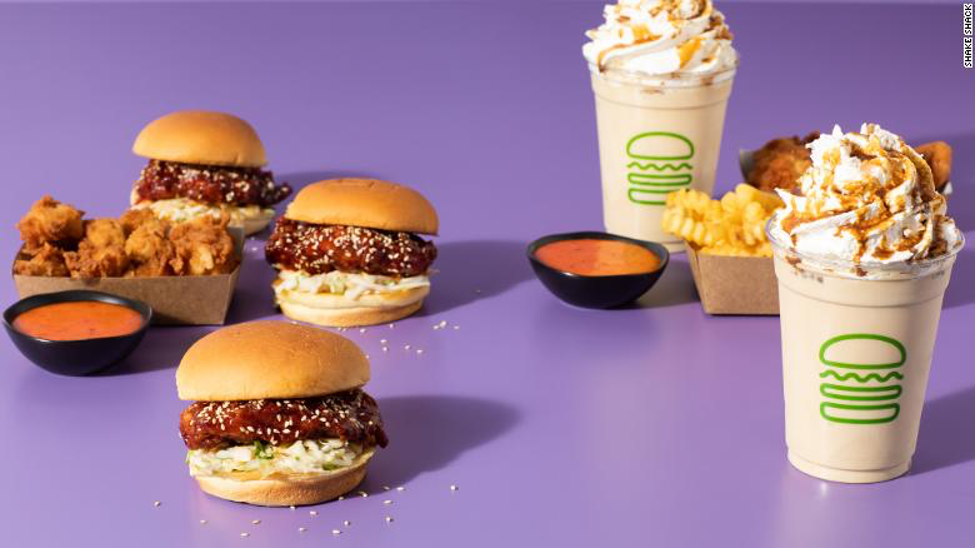Plant-based technology is by far one of the fastest-growing sources of innovation in the food and beverage industry, but it didn’t happen overnight. A decade ago, consumers would be lucky to find a carton of soy milk in the grocery store. Now, mainstream grocers and markets carry countless varieties of plant-based milk alternatives. The same can be said for plant-based meats. Long gone are the days of bland, vegetable-stuffed, frozen veggie patties that once defined the category.
In the last few decades, there has been a plant-based overhaul. Soy milk and veggie patties pioneered a new wave of growth in every plant-based food category. And as of March of 2020, nearly ten million Americans eat a vegan diet, up 300 percent from 15 years ago. Consumers spoke and food companies listened, with an emphasis on improving the taste, texture and appearance of plant-based meat and dairy alternatives.
But will the steady, yet seemingly unstoppable rise of plant-based technology eliminate the need or demand for animal meat and dairy altogether? The VegTech sector seems to think so. Coined by the plant-based business expert, Elysabeth Alfano, the term “VegTech” encompasses tech-driven food companies that focus on creating foods that are not alternatives, but rather replacements for traditional meat and dairy.
Built like software startups equipped with chief technology officers, VegTech companies establish themselves in tech cities and garner impressive rounds of funding. And much like Silicon Valley startups, people and the planet have a lot to gain from VegTech. Take Prime Roots, a California-based VegTech company focused on ingredient innovation in the plant-based space. The startup uses an ingredient called Koji, a Japanese superfood, to recreate the texture of real meat. And while Koji is an 8,000-year-old ingredient, Prime Roots is the first to use it to replace meat.
On the dairy side of VegTech is Eclipse, a plant-based ice cream company that claims its products are indistinguishable from cow’s milk ice cream. With the right blend of plants and processes in the kitchen, Eclipse discovered and recreated the process of turning dairy milk from a liquid to a semi-liquid in its ice cream but replaced the dairy milk with a plant-based alternative. Not only does its ice cream taste like the real thing, but it is allergen-free and much lower in cholesterol and saturated fat.
Some more established players in the VegTech space include JUST Inc., Beyond Meat and Impossible Foods, all of which used technology and ingredient innovation to take plant-based ingredients like pea protein and transform them into replacements for traditional eggs and meat. These companies have not only mastered their products, but also maintained consistent availability, price and quality. As smaller VegTech companies scale, availability will increase, price will decrease and quality will improve.
So, will the power of VegTech one day render meat and dairy impractical? Only time will tell. But if the last two decades are any indication, animal-based meat and dairy companies may soon be outpaced by their plant-based counterparts — swaying consumers to go vegan is simply the last challenge VegTech must overcome.










Join or login to leave a comment
JOIN LOGIN